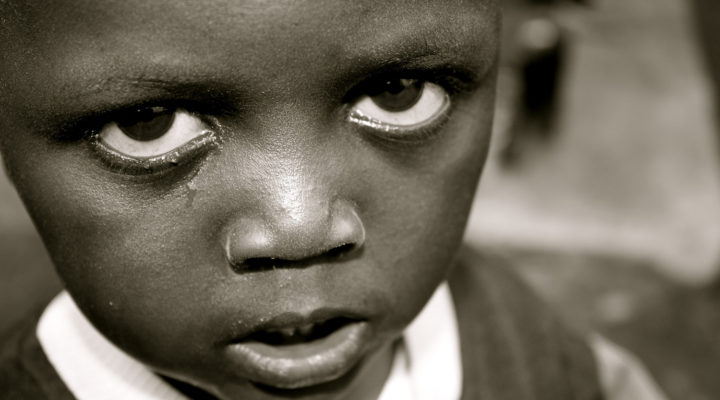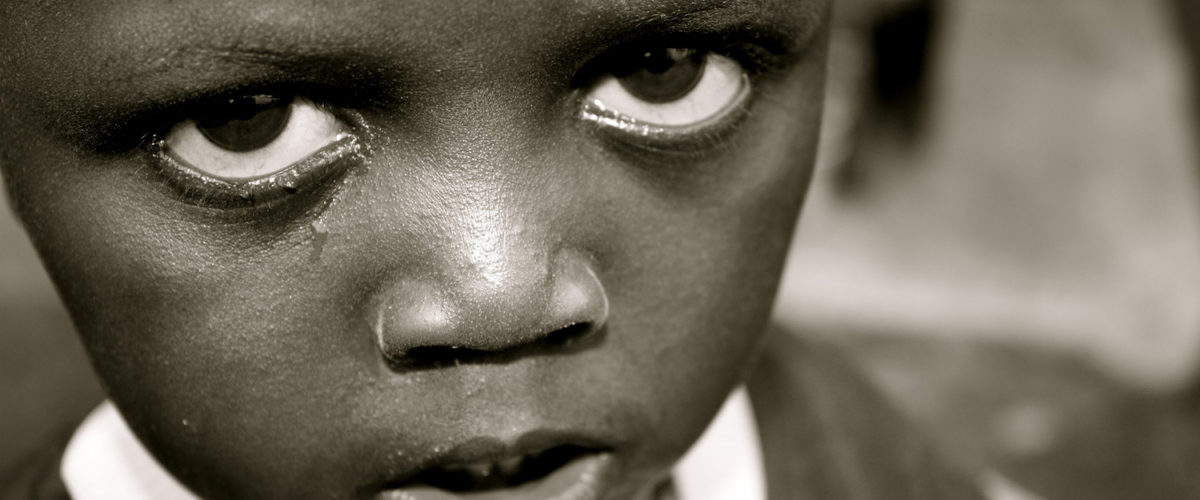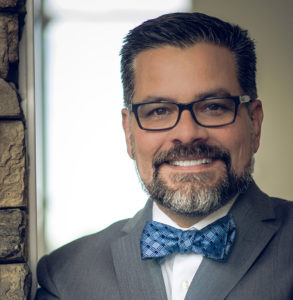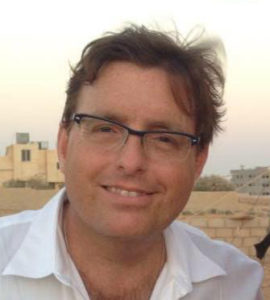It’s been a couple weeks since Donald Trump reportedly used the term “shithole” to describe third-world countries and the people who live in them.
The outrage over the comment made to senators in a meeting on immigration, and which the president eventually denied, has faded as Trump deals with newer scandals, including revelations of a tryst with a porn star.
But there are those who continue to simmer about the “shithole” reference, including American Christians who have served as long- and short-term missionaries in some of the African and other nations Trump disparaged.
Those interviewed by Baptist News Global reported being not only offended by the derogatory comment but also embarrassed by the obscenity hurled at people and cultures they have come to know and love. They also expressed a concern that the president’s insult will likely make it harder for missionaries to perform the already difficult job of sharing and living the gospel where they live.
And perhaps worst of all, these ministers said, is that the attitude behind Trump’s comments ignores the enviable personal and spiritual depth of many who live in “shithole” countries.
Mitch Randall experienced that consistently during church mission trips to African nations.
“The Western world has a tendency to gauge everything through economic lenses, and to look at Third-World countries as underdeveloped,” said Randall, executive director the Baptist Center for Ethics and former pastor at NorthHaven Church in Norman, Okla.
And it’s true that poverty and health crises abound, he said.
“But at the same time, you go into these countries and you meet, look in the eye and break bread with people who are incredibly rich both spiritually and in relationship,” Randall said.
Returning from those trips, often to distribute mosquito nets, Randall said he was told by church members that it was they who were ministered to and healed by the people they had gone to help.
Residents in economically struggling nations know they face hardships, Randall said, but they also have direct experience in trusting God to help them through it. That brings them closer to their creator than many who have more material wealth.
“In many instances they are more wealthy than you or I could ever imagine because they cherish life … and have a relationship with God that puts us to shame sometimes.”
Not only that, but it can also be argued that Trump and other Americans are in no place to criticize the nations Trump insulted.
That was one of the points Ryan Clark made in an as-yet unpublished essay titled “Shithole Missions.”
“I have been blessed to live in an spend significant time in shithole countries,” said Clark, manager of global resources for the Cooperative Baptist Fellowship and a former CBF field personnel who served in the Philippines and has visited and worked in African nations, as well.
Of all of those countries, he added, his favorite is one where safe drinking water and health care are unavailable to many. It is also one where churchgoers are massacred as they worship, where armed militias roam freely in certain areas, where religious minorities are persecuted, and where a quasi-civil theocracy controls the nation, Clark wrote.
That country, Clark told BNG, is the United States.
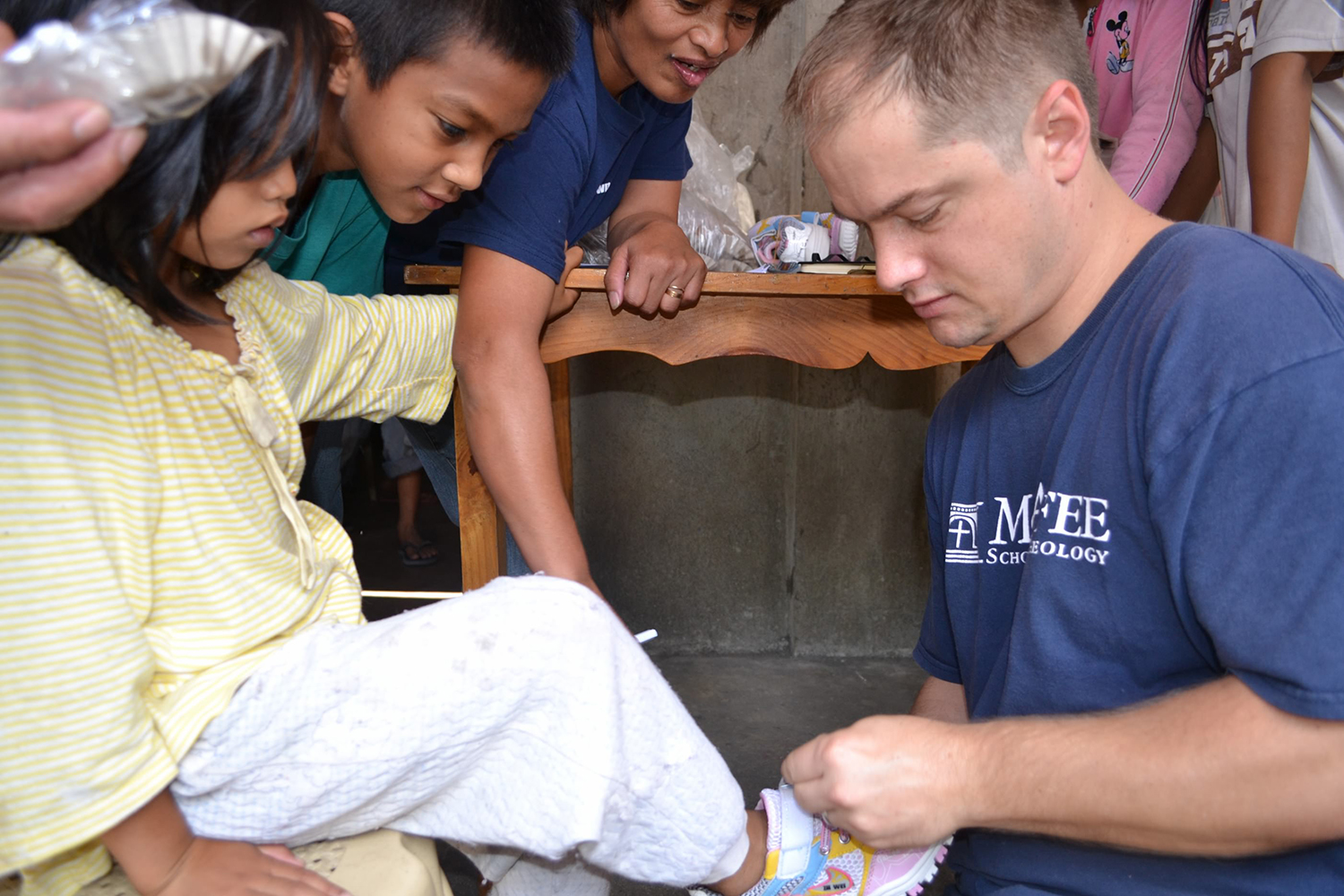
Ryan Clark, a CBF official and former field personnel to the Philippines, helps a girl with her shoes. Clark was so upset by President Trump derisive remarks about Third-World countries that he wrote an essay suggesting the U.S. isn’t much better off in some categories. (Photo/Courtesy of Ryan Clark)
“I was pretty upset when I wrote it,” he added. “It was cathartic.”
The essay also was meant to educate.
“If you are a growing, evolving person, you eventually get to the point where you realize other kinds of people and cultures have something to contribute, and are valuable and good and lovely,” he said.
Making insulting comments about other nations is counterproductive to sharing the gospel, said Craig Martin, a television producer and former managing director of communications for the Southern Baptist Convention’s International Mission Board.
“Probably the biggest embarrassment is having the president of the country you’re from be so disparaging about the country where you’re working,” said Martin, a member of the BNG board of directors.
“What they’ll face is skepticism about why they are there in the first place.”
But Martin added that Trump’s statement did not surprise him.
“What shocked me was the defense of Trump, even from missionary kids who grew up overseas,” he said.
Martin said it’s disheartening to see evangelicals abandon gospel values to support a president who agrees with them on abortion.
“He can disparage things and make himself so opposite to the gospel and still get your approval,” Martin said. “I don’t get it.”
Sue Smith said she also experienced surprise and dismay when Trump reportedly made the remarks.
Smith was in El Salvador when the president’s remarked become public.
“Essentially, the president’s words were embarrassing,” said Smith, a former missionary to Costa Rica who now, with her husband Greg, leads a ministry for immigrants in Fredericksburg, Va.
“We were experiencing the warmth and hospitality of El Salvador and of its people, meeting leaders from all walks of life who are committed to improving their communities, helping those in need, and sharing Christ,” she said in an email to BNG. “They weren’t sure what to say, and neither were we. It was uncomfortable, to say the least.”
The language is painful to El Salvadorans because they have been allies of U.S., and they participated in the recovery from 9-11, Smith said.
Also damaged is the American standing abroad.
“I think it’s harder for us as ‘Americans’ to be taken seriously or to be trusted,” she said. “In the eyes of the world, we’ve dropped a notch on the ladder of respect. And that extends to missionaries and those representing the North American church.”

